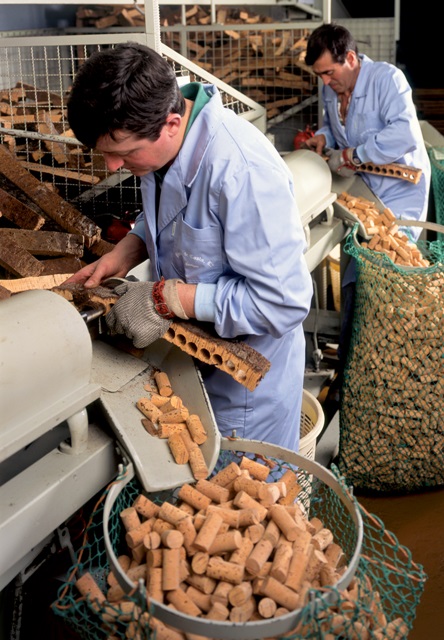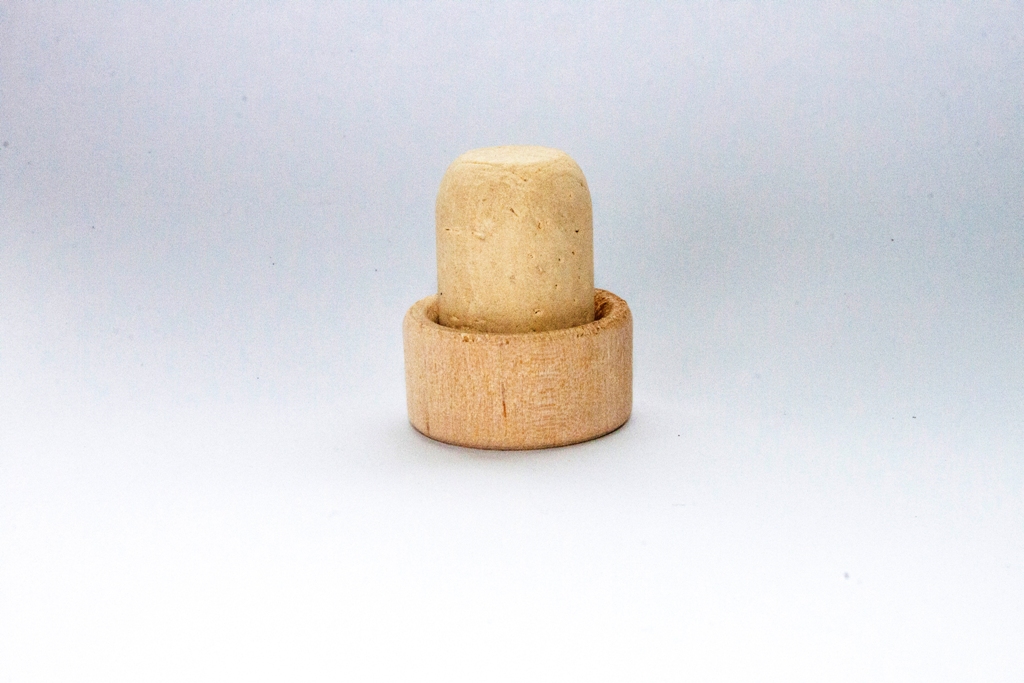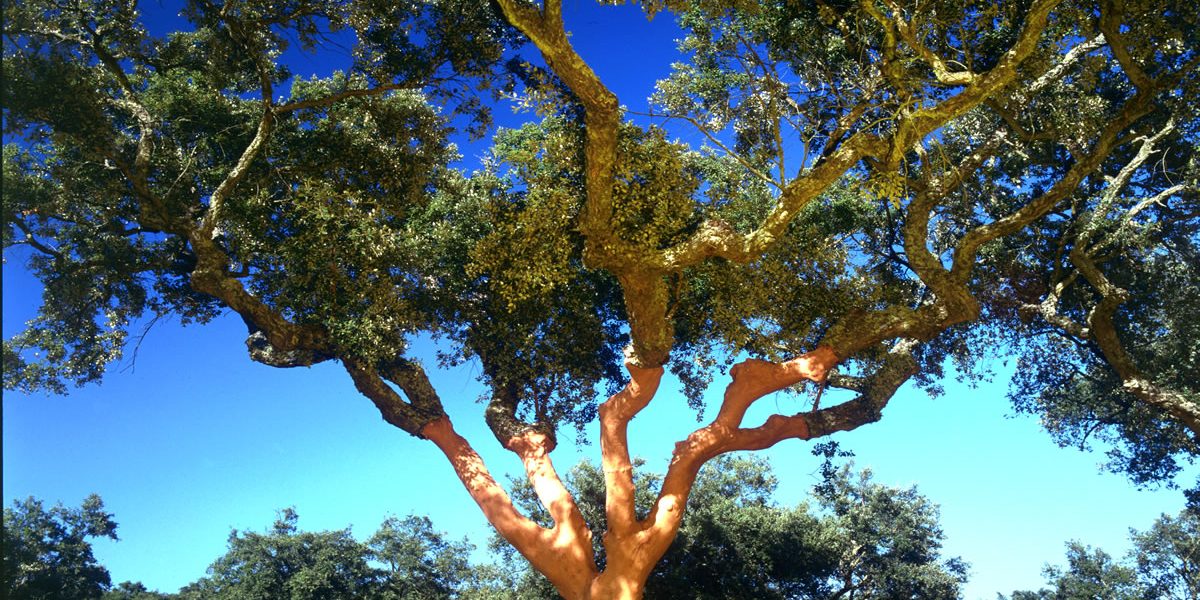We are a specialist supplier of bar-top corks for spirits and there is growing demand from premium spirits brands to use natural cork for white spirits, in particular gin. This demand is being driven by the growing number of craft gin brands that use natural cork firstly for its unrivalled qualities to give a good seal to the bottle, but also as a stamp of differentiation and quality as well as being the environmentally friendly aspects of cork production.
The question is, what is the best quality of natural cork to use for white spirits? To get to the right answer you have to understand how the cork quality system works: when the bark is removed from the cork tree (incidentally, this does not kill the tree and the bark will grow back every 9 years to be harvested again), this bark is selected for quality. This quality is based on the number of imperfections in the cork (holes, unevenness, cracks, scarring and so on) – the medium and high quality bark will be used to make natural corks and the rest will be granulated to make agglomerated cork products (including micro-agglomerated cork stoppers).


To make natural cork stoppers, to bark is cut into strips and corks are punched out like a cookie cutter through dough. The natural corks that are produced are then sorted into categories from ‘reject’ to 7th, 6th, 5th, 4th, 3rd, 2nd, 1st, Super, Extra and Flor. A Flor cork is a rare thing indeed and will have only barely perceptible markings on the surface, whereas a 7th quality cork will be deeply disfigured and will generally not be good enough to seal a bottle. Then there is everything in between.

In the case of white spirits, we of course need to use natural corks that will form a perfect seal on the bottle, but there is another consideration, which is that the cork must not be allowed to transfer any colour to the liquid. For this reason, we have to use a high quality cork with very few surface imperfections, because a cork with a smooth surface will not have the darker granules and markings that can release some colour to the liquid that a lower quality cork will have.
This means that for white spirits, the lowest quality natural cork that you should use is 1st; most of our clients use either super or 1st quality and often a blend of the two. It is very important that we know what spirits our corks will be used for as we tailor the surface treatments that our corks are given to ensure a perfect protection to make sure that no colour can be transferred.

High quality natural cork is a relatively expensive stopper option for distillers to use, but give that it is a 100% natural product with considerable craft gone into its production it really reflects the aspirations of most craft spirit producers. With the growing impact of the craft spirits movement, the big multinationals are now also beginning to look at natural cork for their premium spirits because of the badge of authenticity that natural cork can lend their brand.
If you are looking for a bar-top cork supplier, please contact us for more information.







